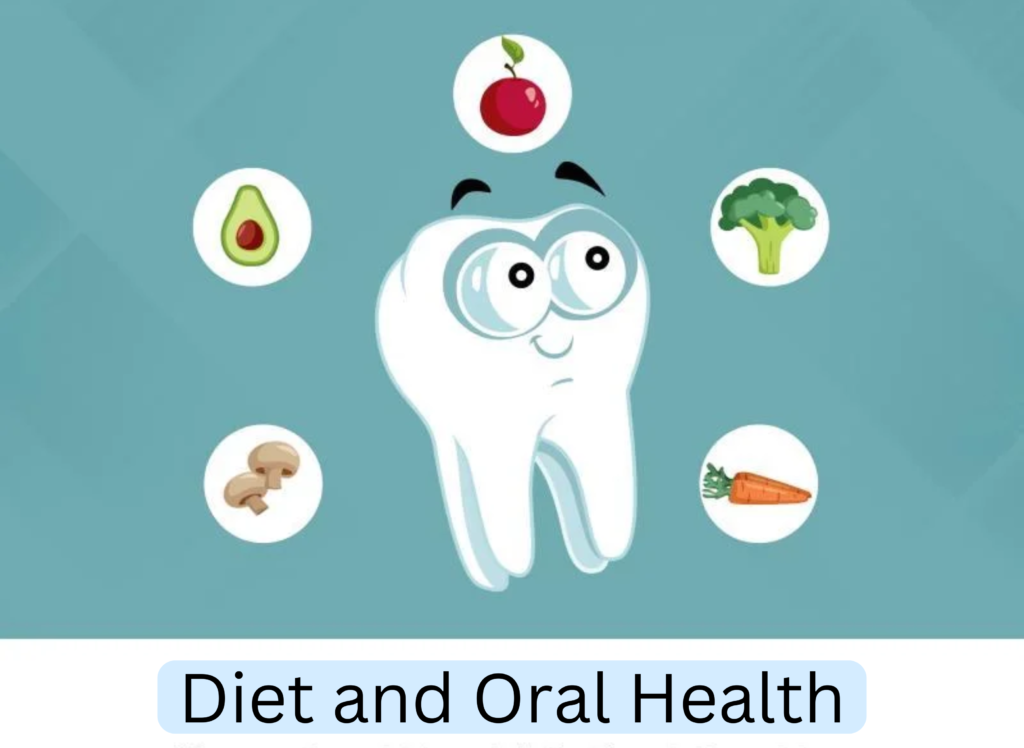In the field of dentistry, maintaining a high level of sterilization is of utmost importance to ensure the safety of both patients and dental professionals. One vital component of the sterilization process is the use of autoclaves. Autoclaves are advanced devices that utilize steam and heat to eliminate bacteria, viruses, and other pathogens from dental instruments and equipment. Understanding the different autoclave cycles and their significance is essential for dental clinics like Thind Dental Clinic in Ludhiana to uphold the highest standards of sterilization and patient care.
1. The Purpose of Autoclave Cycles:
Autoclave cycles serve the crucial purpose of eliminating microorganisms from dental instruments and equipment. This process ensures that the instruments used in dental procedures are free from harmful bacteria, viruses, and fungi, reducing the risk of cross-contamination and the spread of infections.
2. Pre-vacuum Cycle:
The Pre-vacuum cycle plays a crucial role in achieving thorough sterilization of dental instruments and equipment. This specific phase involves the removal of air from the autoclave chamber, creating a vacuum-like environment. The purpose of this step is to enhance the penetration of steam into the instruments, ensuring effective sterilization throughout the entire load.
By creating a vacuum-like environment, the pre-vacuum cycle eliminates any trapped air within the chamber. Air can hinder the proper sterilization of instruments as it acts as an insulator and prevents efficient steam contact. Removing the air allows the steam to reach all surfaces of the instruments, including small crevices and hard-to-reach areas, ensuring that all microorganisms are effectively eliminated.
3. Sterilization Phase:
The sterilization phase is the central and most critical part of the autoclave cycle. In this phase, high-pressure saturated steam is introduced into the autoclave chamber to eliminate microorganisms present on dental instruments and equipment. The temperature and pressure within the chamber reach specific levels, ensuring effective sterilization and promoting patient safety.
During the sterilization phase, the autoclave creates an environment of high heat and pressure that is lethal to microorganisms. The high temperature of the steam, typically ranging from 121 to 134 degrees Celsius (250 to 273 degrees Fahrenheit), effectively kills bacteria, viruses, fungi, and other pathogens that may be present on the instruments. The pressure within the chamber, usually between 15 to 30 pounds per square inch (psi), aids in achieving the necessary conditions for sterilization.
The combination of high temperature and pressure is crucial for the destruction of microorganisms. The steam penetrates the surfaces of the instruments, including hard-to-reach areas and small crevices, ensuring thorough sterilization. This process eliminates the risk of cross-contamination and the spread of infections during dental procedures.
4. Drying Phase:
Following the sterilization phase, the autoclave enters the drying phase, which is a critical step in the autoclave cycle. The purpose of this phase is to eliminate any remaining moisture from the sterilized dental instruments and equipment. Proper drying is essential to prevent the growth of bacteria or fungi that could thrive in a damp environment. Additionally, thorough drying ensures that the instruments are ready for immediate use in dental procedures.
During the drying phase, the autoclave uses heat and ventilation to remove moisture from the sterilized items. The combination of elevated temperature and controlled airflow helps evaporate the remaining moisture, leaving the instruments dry and ready for storage or use. The length of the drying phase may vary depending on the autoclave settings and the types of instruments being sterilized.
Effective drying is crucial to maintaining the sterility of the instruments. Moisture left on the surfaces of the instruments can serve as a breeding ground for bacteria or fungi, compromising the effectiveness of the sterilization process. By ensuring thorough drying, the risk of contamination and subsequent infection is minimized.
5. Cycle Monitoring and Validation:
Cycle monitoring and validation are essential aspects of maintaining the effectiveness of autoclave cycles. At Thind Dental Clinic in Ludhiana, we understand the importance of implementing strict monitoring and validation protocols to ensure consistent and reliable sterilization outcomes.
Regular monitoring involves conducting routine tests and inspections of the autoclave’s performance. One of the key tests used is biological indicator testing. This test involves placing highly resistant spore strips or vials containing bacterial spores into the autoclave chamber during a sterilization cycle. These spores are known to be highly resistant to sterilization processes. After the cycle is completed, the spore strips or vials are incubated and examined for any signs of bacterial growth. The absence of bacterial growth indicates a successful sterilization cycle.
Thind Dental Clinic is committed to upholding the highest standards of sterilization and patient safety. Our dental professionals closely monitor autoclave cycles, conduct regular validation tests, and maintain comprehensive records to ensure that every sterilization cycle consistently achieves the desired outcomes. By adhering to strict monitoring and validation protocols, we can confidently assure our patients that all dental instruments and equipment used in our clinic are properly sterilized and safe for use.
6. Importance of Autoclave Maintenance:
Regular maintenance and calibration of autoclaves are of utmost importance to ensure their optimal performance and reliable sterilization results. At Thind Dental Clinic in Ludhiana, we prioritize the maintenance of our autoclaves to guarantee their accuracy and efficiency in the sterilization process.
Autoclaves are complex machines that require routine inspections and upkeep to ensure they are functioning correctly. Regular inspections involve thorough checks of various components, such as the door seal, pressure valves, temperature sensors, and filters, to identify any signs of wear, damage, or malfunction. This proactive approach allows us to address any issues promptly and prevent potential breakdowns or compromised sterilization.
Cleaning is an essential part of autoclave maintenance. After each use, the autoclave chamber, trays, and instruments undergo thorough cleaning to remove any debris or residue. This helps to prevent the buildup of contaminants and ensures that the autoclave operates at its optimal level during subsequent cycles.
Conclusion
Autoclave cycles play a vital role in ensuring the sterility and safety of dental instruments and equipment. At Thind Dental Clinic in Ludhiana, we recognize the importance of utilizing proper autoclave cycles to maintain the highest standards of sterilization. By following strict protocols, monitoring cycle parameters, and prioritizing maintenance, we ensure the safety and well-being of our patients. With our commitment to patient care and adherence to stringent sterilization practices, you can trust Thind Dental Clinic for your dental needs in a safe and hygienic environment.
For additional information or to arrange an appointment with us
You can contact us at +91-92568-92568
or visit us at:
THIND DENTAL CLINIC
11-12-13, 14 H.I.G Market, Opposite Water Tank, Ludhiana, Punjab 141010.
Also Read:
Single Sitting Procedure: Painless and Affordable Dental Care at Thind Dental Clinic
Dental Care for Children: Expert Tips for Parents on Caring for Your Child’s Teeth
The Importance and Benefits of Regular Dental Checkups: Ensuring Optimal Oral Health
Professional Dental Implants: Restoring Smiles with Precision and Care at Thind Dental Clinic in Ludhiana

 Timings
Timings

